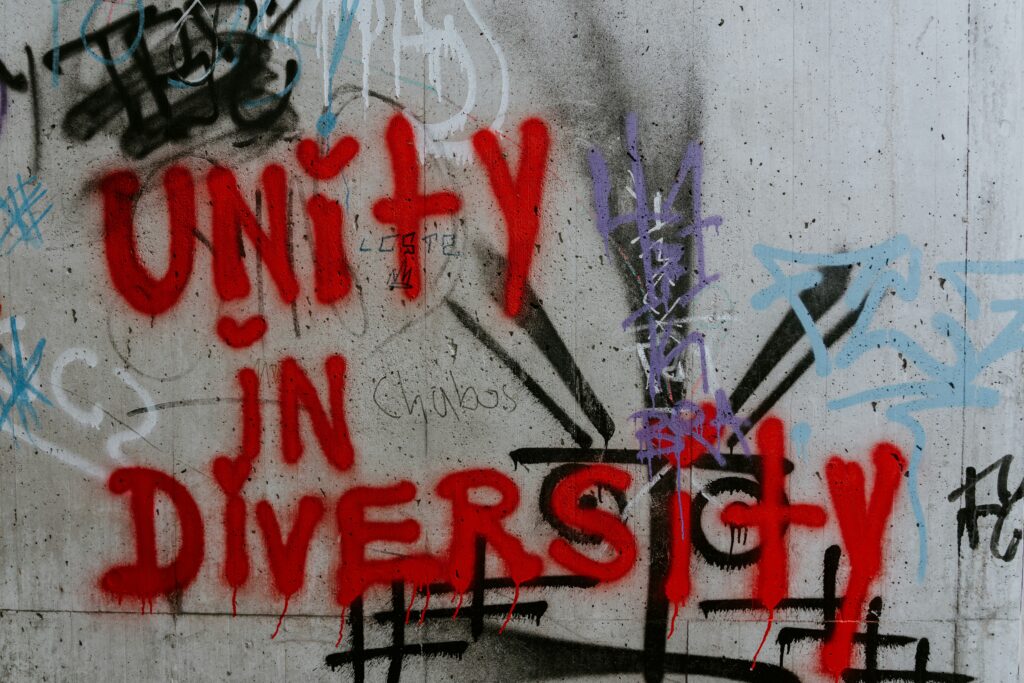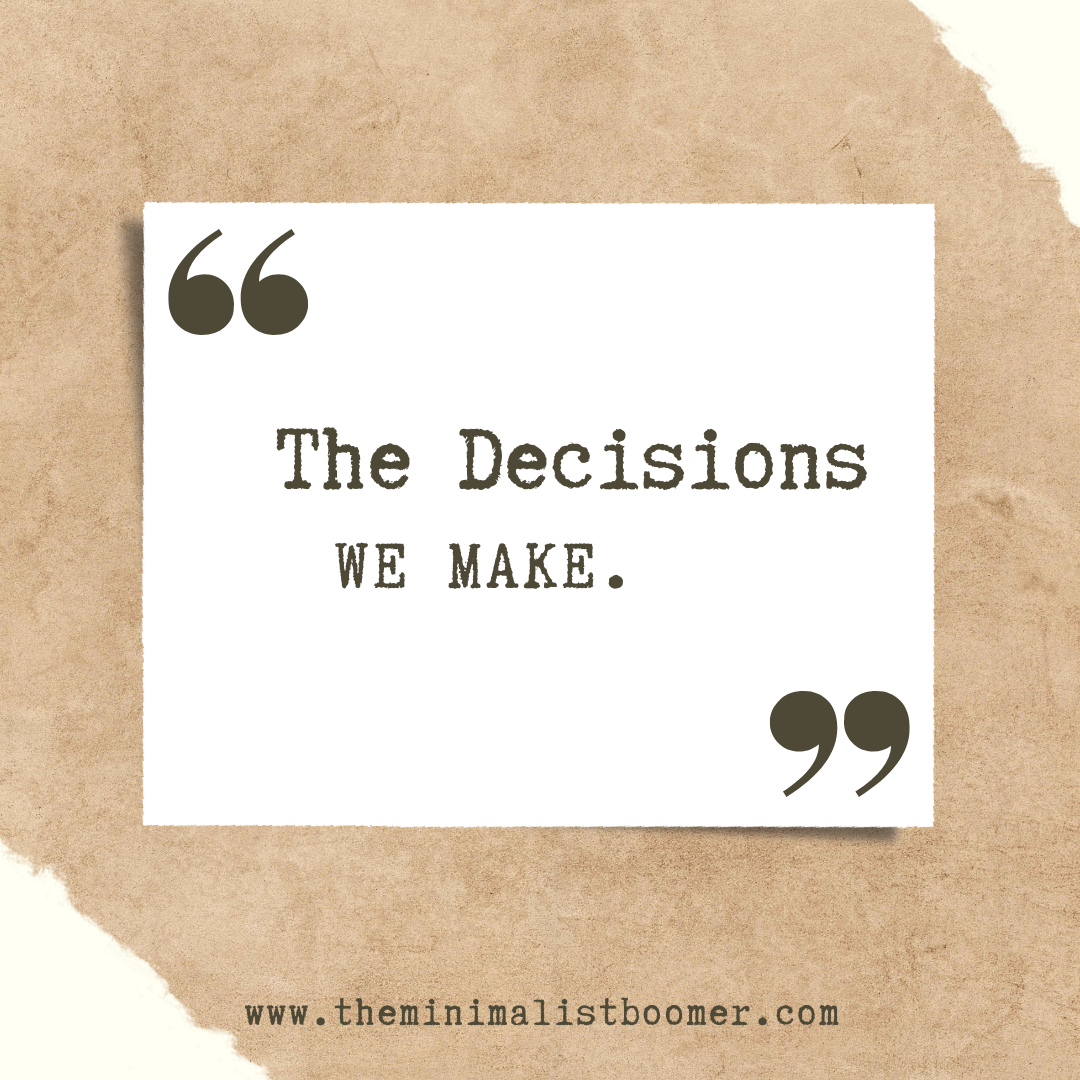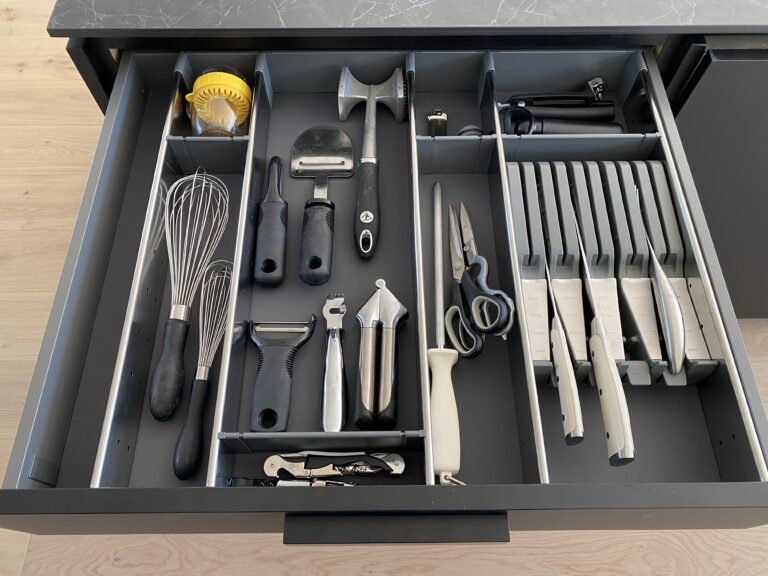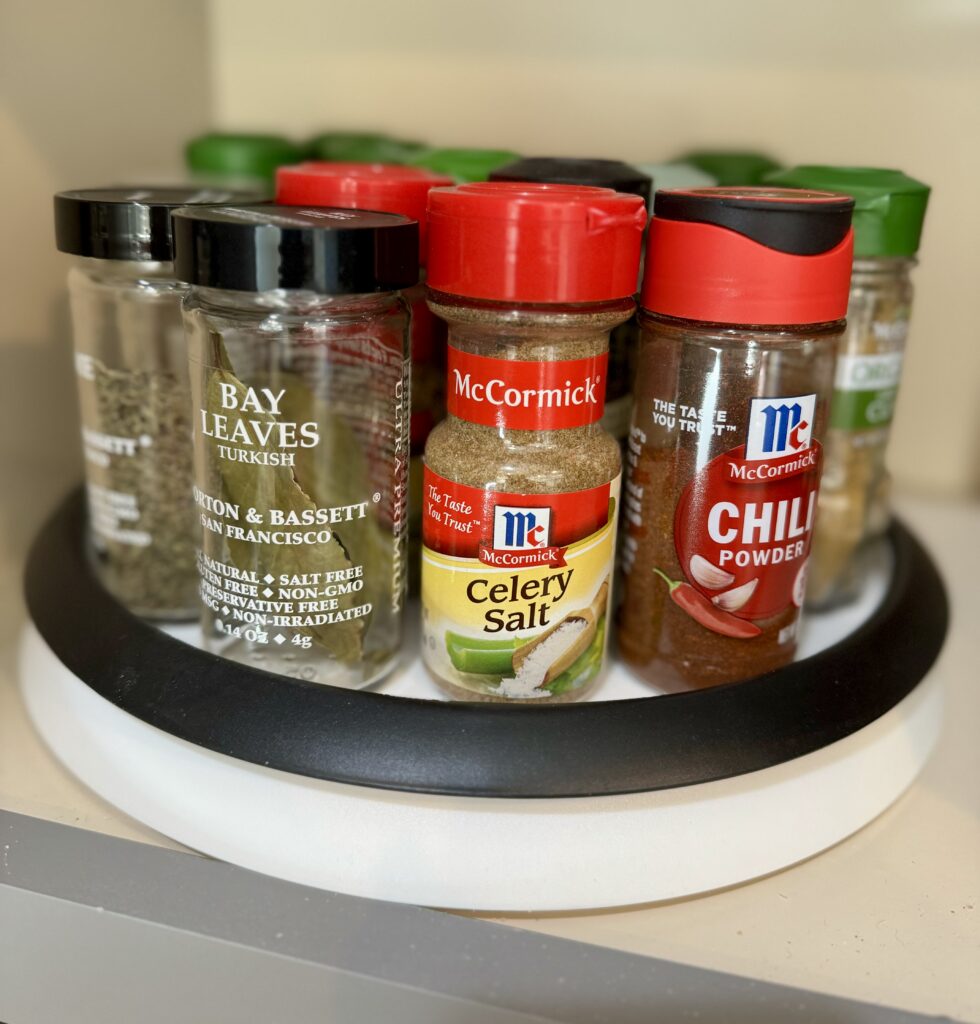This question has been on my mind a lot lately. It appears every time I turn on the news, open a newsfeed on my laptop or tablet, most of the headlines feature people arguing over anything and everything. Who wants to be bombarded with that every day? Listening to people argue, without any resolution, doesn’t solve problems, it just raises our anxiety levels. I have never enjoyed being in a room filled with angry people fighting over ridiculous things, many of which they have no control over. So why bring that toxic nonsense into our lives?
Can we truly coexist peacefully despite our differences? In a world filled with diverse beliefs, perspectives, and values, the ability to respect differing opinions and find common ground becomes crucial. The question arises: is it possible to agree to disagree and still respect one another?
Acknowledging and embracing the fact that not everyone will share the same views is the first step toward establishing understanding. Embracing the beauty of diversity and opening our minds to alternative perspectives can lead to enriching exchanges and meaningful connections.
By exploring the concept of respectful disagreement, we delve into the realm of empathy, tolerance, and acceptance. It challenges us to seek understanding rather than conformity, to engage in constructive dialogues that honor individual autonomy while nurturing a sense of unity in diversity. Can we just agree to disagree and move on?
Understanding Diverse Perspectives
In a world brimming with unique viewpoints and backgrounds, embracing diverse perspectives becomes crucial for creating meaningful connections and mutual respect. When we approach interactions with empathy and compassion, it opens doors to understanding even in the face of disagreement.
“When we agree to disagree, we are honoring the relationship above trying to change the person.” – The Minimalist Boomer

Empathy and Compassion
Empathy serves as a powerful tool in building bridges between people with differing opinions. By stepping into someone else’s shoes and seeking to understand their feelings and experiences, we create a space for open dialogue and mutual respect. When we empathize with others, we acknowledge the validity of their emotions, even if we do not necessarily share the same views.
For instance, imagine a conversation where two individuals have opposing stances on a particular topic. Instead of dismissing each other’s perspectives, they choose to listen with empathy. Through this approach, they not only acknowledge the validity of each other’s feelings but also create a sense of understanding and respect, paving the way for constructive dialogue.
Active Listening
“You cannot truly listen to anyone and do anything else at the same time.” — M. Scott Peck, author of The Road Less Traveled
Active listening is another key component in navigating diverse perspectives. By truly tuning in to what others are saying without interjecting or planning a response prematurely, we demonstrate a genuine willingness to understand differing viewpoints. Tips for active listening include maintaining eye contact, nodding to show engagement, and paraphrasing to ensure comprehension.
When we listen actively, we create a space for others to express themselves freely, fostering an environment of mutual understanding. By setting aside judgment and truly hearing what others have to say, we pave the way for respectful exchanges that transcend disagreements.
Acknowledging and appreciating the diversity of opinions, beliefs, and backgrounds is essential in our journey toward personal growth and understanding. Exposure to varying viewpoints challenges us to expand our perspectives, prompting self-reflection and growth.
The Power of Mutual Respect
Finding common ground is key to creating mutual respect among groups of people. By seeking out shared values and interests despite differing viewpoints, we can build bridges that transcend our differences. This emphasis on commonality allows us to see each other not as adversaries, but as allies in the journey toward understanding.

Finding Common Ground
Finding common ground involves acknowledging that while we may not always agree on everything, there are shared values that unite us. By focusing on these shared beliefs, experiences, or goals, we can create a foundation of mutual respect that goes beyond disagreements. This approach not only promotes understanding but also paves the way for constructive dialogues and meaningful connections.
Celebrating Diversity
Embracing diversity as a strength rather than a division is vital in establishing a culture of inclusivity and respect. When we celebrate our differences and unique qualities, we open ourselves up to new perspectives and experiences. By valuing diversity, we can create a more vibrant community where mutual respect thrives. With respect as the cornerstone, diversity becomes a source of enrichment rather than a barrier.
In real-life scenarios, mutual respect has the power to transform relationships and interactions. For example, in workplaces where people come from various cultural backgrounds, mutual respect promotes collaboration and innovation. By acknowledging and appreciating each other’s unique perspectives, teams can harness the power of diversity to achieve shared goals. This illustrates how agreeing to disagree while still respecting one another can lead to productive outcomes.

So, is it possible to agree to disagree and still respect one another? Absolutely! By acknowledging and embracing the fact that we all come from different backgrounds and experiences, we can nurture a culture of mutual respect and understanding.
Let’s celebrate our differences as strengths rather than barriers, recognizing that true growth often emerges from engaging with contrasting viewpoints. When we approach disagreements with an open mind and a willingness to listen, we pave the way for meaningful conversations and real connections.
Together, we can create a more inclusive and compassionate society where differences are not seen as divisions but as opportunities for growth and enrichment. Learn to appreciate your ability to ‘agree to disagree’ and perhaps you will learn something new today and be better off for having done so.























































